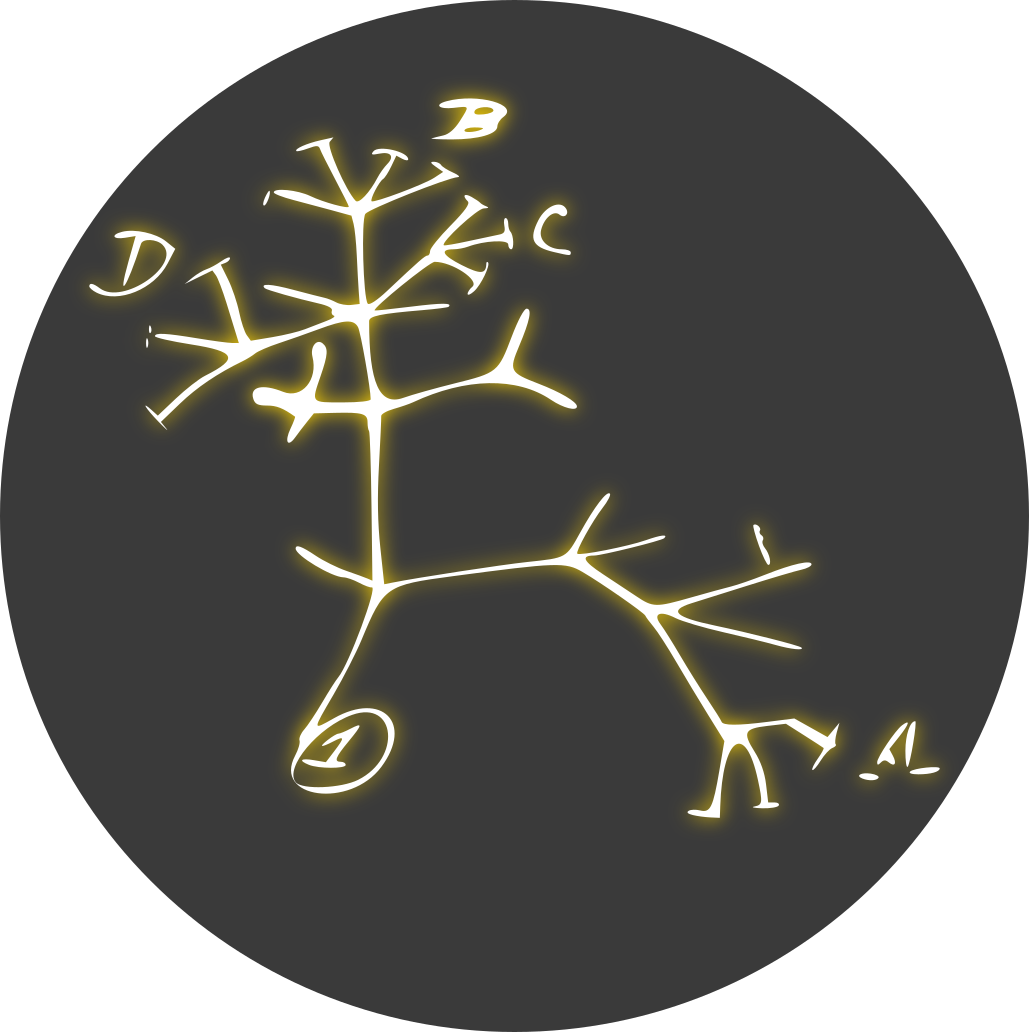Nevertheless, proving that a parasite is manipulating an ant body as opposed to an ant body acting in response to an invader would be incredibly difficult, if not impossible; the authors say this potential pathway of manipulation should be interpreted with caution.
Would it? I don’t know the molecular basis of ant epigenetics, but in bees the young are fed with ‘royal jelly’, which contains fatty acids that behave as histone deacetylase inhibitors. The acetylated histones appear to lead to the expression of the “royal genes”, and the inhibitors in the royal jelly keep the genes active by stopping the deacetylation. It is even possible to give the royal jelly to other insects and obtain some interesting phenotypes!
I would imagine that the epigenetic regulation in ants is similar in some ways to that in bees. If one can show that the parasite produces molecules such as the histone deacetylase inhibitors, and then show that those compounds in isolation can achieve the youthful state, that would be some good evidence that the parasite is controlling the expression.
Not saying that it is easy, but it doesn’t look like an impossible challenge!
deleted by creator




